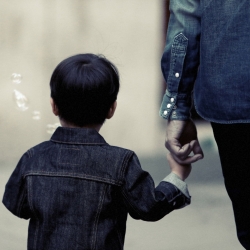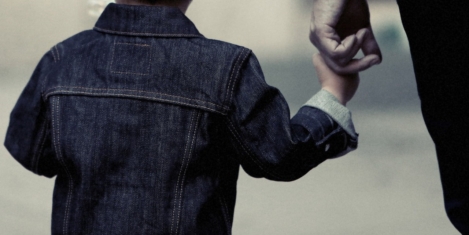To provide the best experiences, we use technologies like cookies to store and/or access device information. Consenting to these technologies will allow us to process data such as browsing behaviour or unique IDs on this site. Not consenting or withdrawing consent, may adversely affect certain features and functions.
The technical storage or access is strictly necessary for the legitimate purpose of enabling the use of a specific service explicitly requested by the subscriber or user, or for the sole purpose of carrying out the transmission of a communication over an electronic communications network.
The technical storage or access is necessary for the legitimate purpose of storing preferences that are not requested by the subscriber or user.
The technical storage or access that is used exclusively for statistical purposes.
The technical storage or access that is used exclusively for anonymous statistical purposes. Without a subpoena, voluntary compliance on the part of your Internet Service Provider, or additional records from a third party, information stored or retrieved for this purpose alone cannot usually be used to identify you.
The technical storage or access is required to create user profiles to send advertising, or to track the user on a website or across several websites for similar marketing purposes.
 New research published by Gingerbread and the Institute for Employment Studies (IES) highlights unique challenges for working single parents including for those who will lose their jobs as a result of the Covid-19 Crisis. As the country experiences a second Lockdown, and with growing unemployment and continued childcare restrictions, it is vital that the government provide better support to single parents. (more…)
New research published by Gingerbread and the Institute for Employment Studies (IES) highlights unique challenges for working single parents including for those who will lose their jobs as a result of the Covid-19 Crisis. As the country experiences a second Lockdown, and with growing unemployment and continued childcare restrictions, it is vital that the government provide better support to single parents. (more…)












 Workers (82 percent) would rather have permanent jobs than “be their own boss” in a freelance or contract role, even as the self-employed and gig economy has grown rapidly in recent years, claims new research from the
Workers (82 percent) would rather have permanent jobs than “be their own boss” in a freelance or contract role, even as the self-employed and gig economy has grown rapidly in recent years, claims new research from the 






 Kincentric
Kincentric











November 11, 2020
Burnout, stress and disconnection are now our most urgent workplace mental health issues
by Catherine Flynn • Comment, Flexible working, Wellbeing